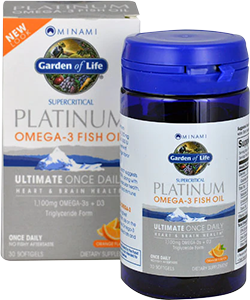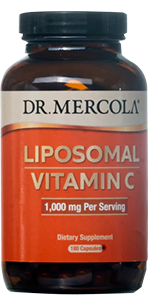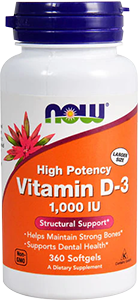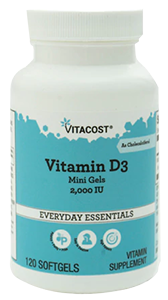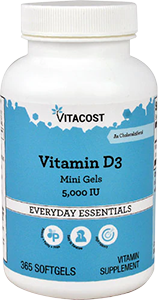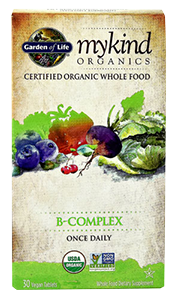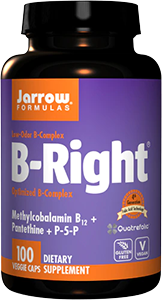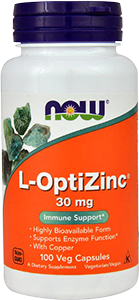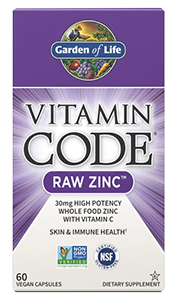With vaccine availability now broadening to more groups, you may be wondering what steps you can take to prepare yourself for the shot(s). In this blog, I’ll describe some do’s and don’ts to consider. It’s important to note that these are not short-term solutions but ways to reach optimal health which will support the vaccine response and also protect you from illness.
Stay away from processed foods
In this peer-reviewed study conducted by the Environmental Working Group, it’s been shown that a food preservative known as tert-butylhydroquinone (TBHQ), commonly used in packaged foods like Pop-Tarts, Rice Krispies Treats, Cheez-Its and over 1,000 processed foods, has been found to harm the immune system. Unfortunately, chemicals like TBHQ were approved by the FDA decades ago and there has been no re-assessment of the safety of food chemicals. So, it’s “buyer beware” and all the more reason to stay away from processed foods and eat WHOLE.
Eat an anti-inflammatory diet
Although there is not enough research to support that anti-inflammatory foods can make the COVID vaccine more effective, in general, it’s a good idea to eat a healthy diet. This earlier study found that increased fruit and vegetable intake improved immune function and antibody response to the pneumonia vaccine. Eating whole foods like vegetables, fruits, nuts, seeds, fish and grass-fed meats with minimal processed foods will generate less inflammation in the body and over the long term, improve immune responsiveness. Also, vegetable oils like corn and soybean oils which are prevalent in processed foods are pro-inflammatory and should be avoided. So, now is a good time to change your habits to “clean eating” to reap the benefits all year long. Here is my earlier blog on some inflammation-fighting super herbs which can be added to your diet.
Cultivate a healthy microbiome
Recent studies suggest that a healthy gut microbiome can increase the immune response to vaccines by modulating immune function and acting as a natural vaccine adjuvant. So to support a diverse and healthy gut microbiome, aim for fiber-rich and fermented foods that will encourage the growth of beneficial bacteria. Greens, cruciferous vegetables, yogurts, kefir, kimchee, sauerkraut and kombucha are great options and should be eaten regularly.
Reduce alcohol and get proper hydration
As good as alcohol may taste going down, in excess, it leads not only to dehydration but a hangover which could exacerbate your vaccination side effects. Excessive and frequent alcohol consumption can weaken your immune system and make you more susceptible to infections. So keep your drinking to a minimum and stick to non-alcoholic beverages the day before. In addition, make sure you have plenty of fluids to keep you internally moisturized for vaccine day.
Get adequate shut-eye
While there are no formal studies done on the COVID vaccine and sleep, it’s no surprise that the quantity and quality of sleep impact your immune system. So a good night’s sleep will help offset fatigue the next day and prepare your immune system for the shot.
Supplements ideal for balancing your immune system include:
- Omega-3 Fatty Acids: These essential fatty acids are known for their anti-inflammatory, immune-modulating and possible antiviral effects and have been recently studied for their impact on COVID-19 prevention and immune dysregulation. I would suggest getting these fatty acids in whole food form (salmon, mackerel, anchovies, sardines are good options) but if you don’t think you are getting enough in your diet nor a fan of oily fish, you can opt for a supplement. Here’s one to try:
- Vitamin C: Recent evidence indicates that oral vitamin C (2-8g/day) may reduce the incidence and duration of the respiratory infection. In this study, the use of intravenous vitamin C (6-24g/day) has been shown to reduce mortality and ventilator time and is suggested as the adjunctive therapy for COVID-19. Here are two to try that have been third-party tested:
- Powder form: https://www.vitacost.com/solaray-vitamin-c-powder
If you don’t normally take vitamin C, start out with half a teaspoon first and gradually increase to avoid any trips to the bathroom. I prefer the powder form as it is inexpensive and I can dose as I need. - Liposomal form: More expensive but easy on the tummy:
- Powder form: https://www.vitacost.com/solaray-vitamin-c-powder
- Vitamin D3: Over the past year, it has been noted that people with low levels of vitamin D were more vulnerable to COVID-19 with higher morbidities. This recent study assessed the role of vitamin D in reducing the risk of COVID-19. Vitamin D is known to reduce the concentration of pro-inflammatory cytokines, increase levels of anti-inflammatory cytokines, enhance the production of natural antimicrobial peptides and activates defensive cells that could destroy COVID-19. Here are several in various dosages:
- B-complex: A good B-complex can be a part of your arsenal for keeping the immune system healthy and fighting off inflammation. Although studies have not yet been done on COVID-19, this study has shown the influence of the B vitamins (B1,B2,B3,B5,B6 and B12) in lowering proinflammatory cytokines and increasing anti-inflammatory cytokines. Here are a couple to try:
- Zinc: Commonly used to combat colds, zinc is known to bolster the immune system. In a study conducted in Spain, they found that patients who had higher levels of zinc were more likely to survive COVID-19 than those with lower levels. Here are several verified options:
Regardless of what precautions you take and preparations you make, however, the main thing to remember is that even after you’ve been fully vaccinated against COVID-19, you should keep taking precautions in public places like wearing a mask, staying 6 feet apart from others, and avoiding crowds and poorly ventilated spaces until we know more.

